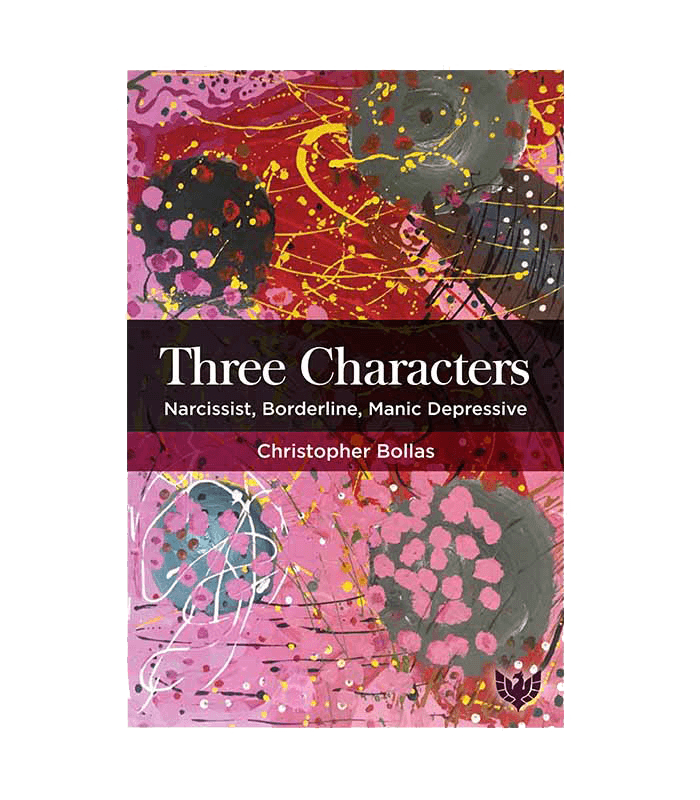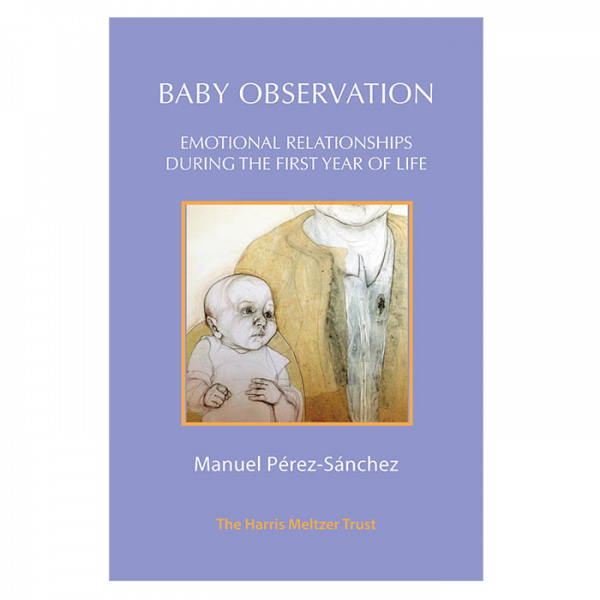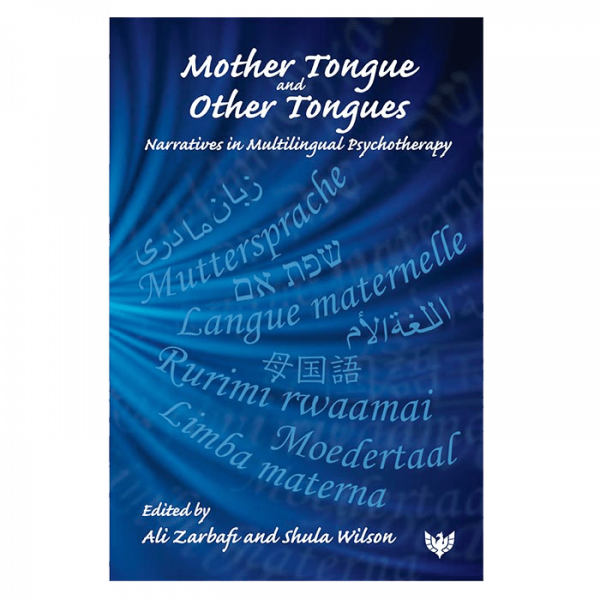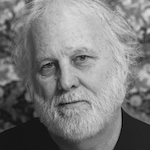It is important to point out that these essays are about character types; it is not to suggest that all borderlines, narcissists or manic depressives are the same. Everyone is an individual and are who they are for many different reasons. What they have in common is a typical relation between their subjectivity and the world they inhabit. In other words, Christopher Bollas has identified the axioms that these individuals share. Following a discussion of the features of each type, the axioms are delivered in the character’s own voice. By placing ourselves within their own logic, we can begin to identify and empathise with them. At the root of all character disorders there is mental pain and each disorder is an intelligent attempt to solve an existential problem. If the clinician can grasp their specific intelligence and help the analysand to understand this, then a natural process of healing can begin.
Three Characters is a masterclass based on decades of lectures presented to psychoanalysts, analytical psychologists, and psychotherapists, and is a must-read for all psychoanalytic enthusiasts.






Maneck Bhatia –
An excellent read
Isobel Todd, Psychodynamic Counsellor, in SCAP News No.142, 2021 –
‘Bollas’ insights have a searing humanity, and his descriptions are memorably evocative […] I felt my understanding of people, and mental pain in general, being profoundly enhanced by this book.’
Jan McGregor, British Journal of Psychotherapy 38, 1 (2022) –
‘this book is worth the investment of both reading and thinking about. […] The book takes the reader, sometimes at breath-taking speed, through Bollas’s ideas about character developed over 30 plus years of clinical work and writing. Through his dissecting and describing the lived experiences of the various character structures, the reader is offered a way of thinking about clinical work with these sufferers. […] Bollas’s endeavour to understand the territory and to give his patients the space to be who they are comes through. In answer to one of the questions, Bollas writes of ‘the right of free speech in analysis’ (p. 67). I think the book shows something of how he has tried to demonstrate this in his writing as well as how he tries to give this freedom to his patients.’
5-Star Amazon Review / June 2022 –
Great book, explains in detail the Narcissist, the Borderline and the Manic Depressive
I used it as part of my studies. It gives so much detail from different perspectives. I highly recommend this book.
Denise – 5-star Amazon review / December 2021 –
Excellent and skillfully clear.
Recommended for psychoanalysts and psychotherapists who appreciate straightforwardness and clarification of concepts.
Gavin Conn, counsellor in private practice in London, ‘Therapy Today’ April 2022 –
‘The chapters are a wonderful way of thinking about object relations in action. There is a sense of academic surety in Bollas’ psychoanalytical explanation, which, as an integrative counsellor, does not always sit easy with me. These lectures inspire me to know more, and I imagine most readers will feel the same. Have a notepad and pencil handy!’
Nancy de Holl, Institute for Psychoanalytic Training and Research, IJP Vol. 104 (2023) Issue 2 –
‘In these pages, one can feel how Bollas has spent decades venturing to enter states of deep identification with his analysands […] Bollas is perhaps examining some of the more deadened, character-disordered aspects of psychoanalytic thinking, giving each of these age-old characters a creative reorganising that allows for new and deepening understandings.’
Alexander Pearce, Psychodynamic Practice –
‘Three Characters is a short book tightly focussed on the theory and practice of intensive psychoanalysis. […] Thanks to its genesis in years of lecturing and teaching, Three Characters is written in a vivid, free-flowing, and mostly jargon-free style that allows ample scope for a reader’s wider reflection on how the ideas in the book might be relevant outside the consulting room. […] As well as its obvious clinical applicability, one might wonder if this book would be a useful resource for a character development workshop in a creative writing group; this would make sense in the context of Bollas’s decades-long mission to elucidate the contribution of unconscious creativity to human development and psychoanalytic work.’